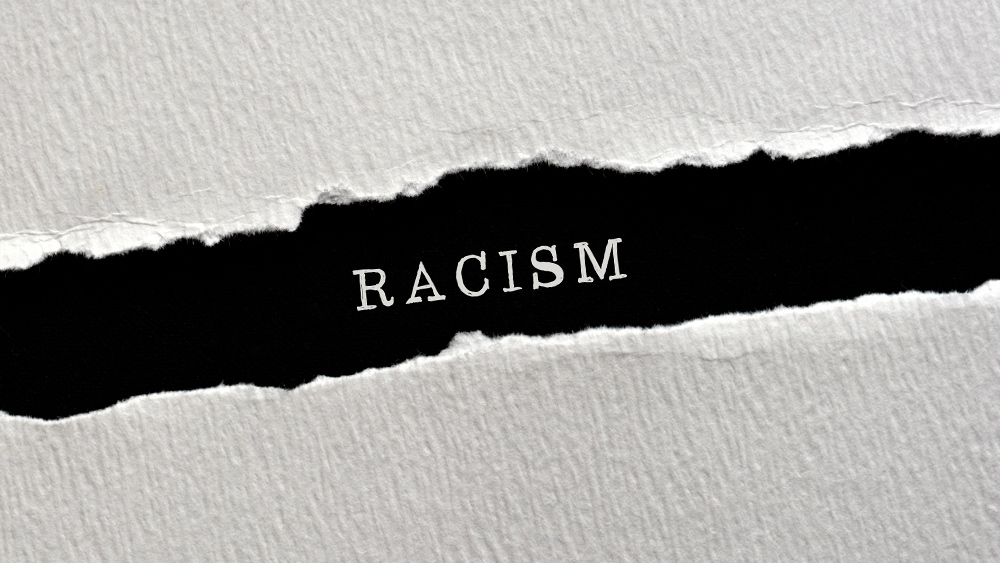
A prominent criminology professor, who purportedly demonstrated the systemic nature of racism in American law enforcement and society, has been dismissed from his position for fabricating data, resulting in the retraction of his studies.
Eric Stewart, 51, formerly a criminology professor at Florida State University (FSU) in Tallahassee, has lost his job due to what the university termed "extreme negligence" in his research. Stewart's work, as per Google Scholar, was cited over 8,500 times by fellow researchers.
Now, the WEB DuBois fellow at the National Institute of Justice faces unemployment due to his research misconduct. Retraction Watch obtained the termination letter issued by the university, stating that Stewart's actions have exposed "decades of research" that was once considered at the forefront of criminology to contain "numerous erroneous and false narratives."
In the letter dated July 13, FSU Provost James J. Clark expressed that Stewart's misconduct had not only negatively impacted the discipline on a national level but also affected the recruitment of students and faculty. He further highlighted concerns among the university's researchers that their papers might not be accepted by major journals.
"The damage to the standing of the University and, in particular, the College of Criminology and Criminal Justice and its faculty approaches the catastrophic and may be unalterable," Clark said.
Stewart, previously a vice president and fellow at the American Society of Criminology, received recognition as one of four highly distinguished criminologists in 2017.
Human knowledge is under attack! Governments and powerful corporations are using censorship to wipe out humanity's knowledge base about nutrition, herbs, self-reliance, natural immunity, food production, preparedness and much more. We are preserving human knowledge using AI technology while building the infrastructure of human freedom. Use our decentralized, blockchain-based, uncensorable free speech platform at Brighteon.io. Explore our free, downloadable generative AI tools at Brighteon.AI. Support our efforts to build the infrastructure of human freedom by shopping at HealthRangerStore.com, featuring lab-tested, certified organic, non-GMO foods and nutritional solutions.
6 Stewart studies retracted due to flawed data
The New York Post reported that six of Stewart's studies in reputable academic journals between 2003 and 2019 were retracted due to flawed data.
These include data used in a study where he claimed that perceptions of blacks as criminals were linked to the history of lynchings, especially among political conservatives. (Related: Black Florida professor making $190k a year leaves lucrative position following accusations he faked data in racism studies.)
Additionally, Stewart's studies suggesting that Whites desired longer sentences for Latinos and Blacks were also retracted. He posited that this effect was greater among Whites with higher levels of socioeconomic disadvantage and political conservatism.
Another retracted 2018 study proposed that the perception of Latinos and Blacks as "criminal threats" by White Americans could lead to "state-sponsored social control."
In a 2015 retracted study, Stewart contended that Americans desired harsher sentences for Latinos due to their increasing population and economic success, attributing it to "Latino population growth and perceived Latino criminal and economic threat."
His research encompassed various topics, including the relationship between incarceration and divorce, street violence, the impact of disadvantaged neighborhoods on adolescents, the role of street gardens in crime reduction, and how race influenced student discipline in schools.
Stewart's academic misconduct was first exposed four years ago when his graduate student, Justin Pickett, accused him of manipulating research sample sizes to support predetermined conclusions. An investigation into Stewart began in 2020.
Pickett told the Florida Standard of the immense pressure for professors to publish or perish.
"There is a huge monetary incentive to falsify data and there's no accountability. If you do this, the probability you'll get caught is so, so low," he said.
Pickett said those who co-author studies are usually friends and unlikely to report a colleague's fraud.
Stewart, who earned his PhD from Iowa State University in 2000, had received substantial grants exceeding $3.5 million from organizations, including taxpayer-funded entities like the National Science Foundation, the National Institute of Justice (operated by the Department of Justice) and Florida's Department of Juvenile Justice.
His annual salary at FSU, a public university, was $190,000. He served on various committees, including those related to diversity, promotion, tenure and academic honor policy hearings, where he presided over cases involving academic dishonesty and cheating accusations.
Visit Wokies.news for more related stories.
Watch this video about Conservatives' offensive against reverse racism.
This video is from The New American channel on Brighteon.com.
More related stories:
'Memphis is on fire': Police brutality? Yes! Police racism? No!
One in three science papers is FAKE, research finds.
Sources include:
Please contact us for more information.




















